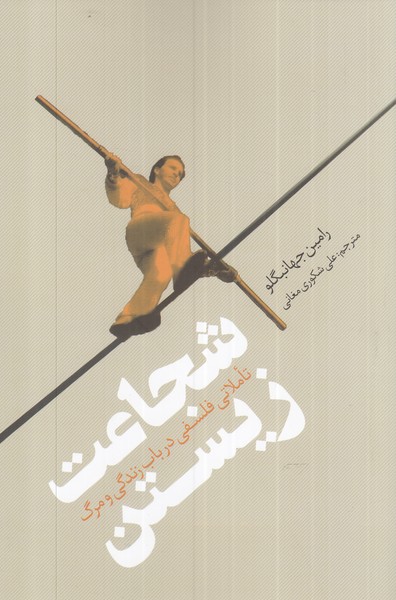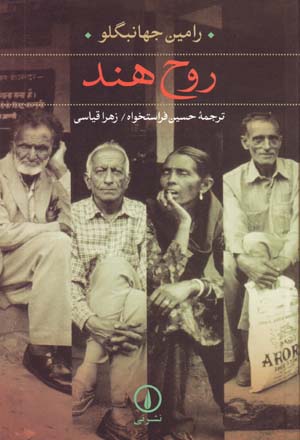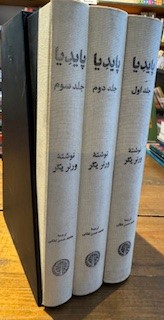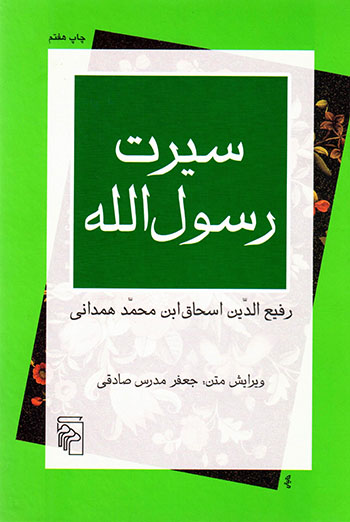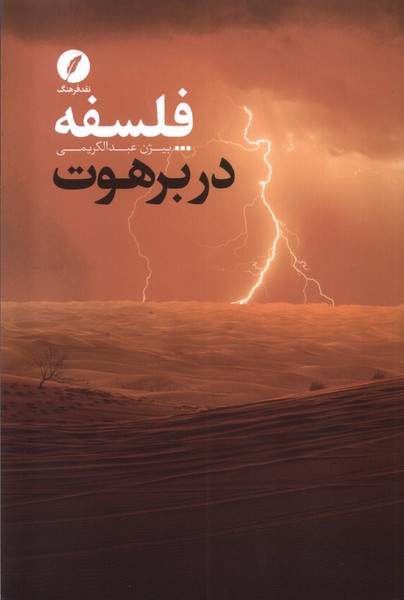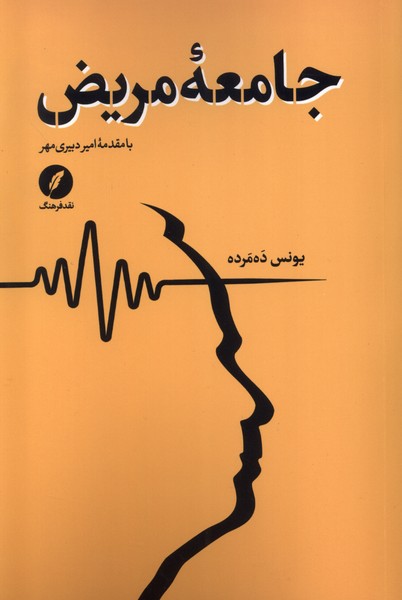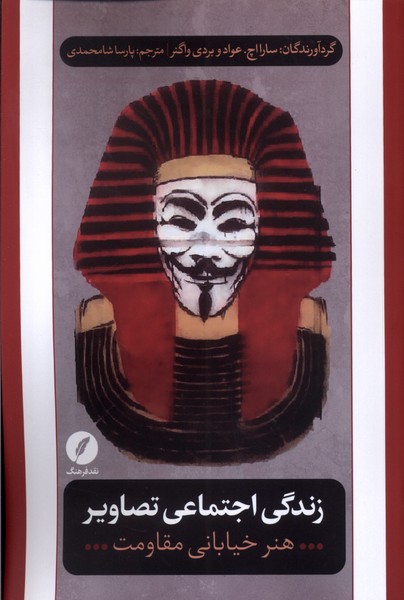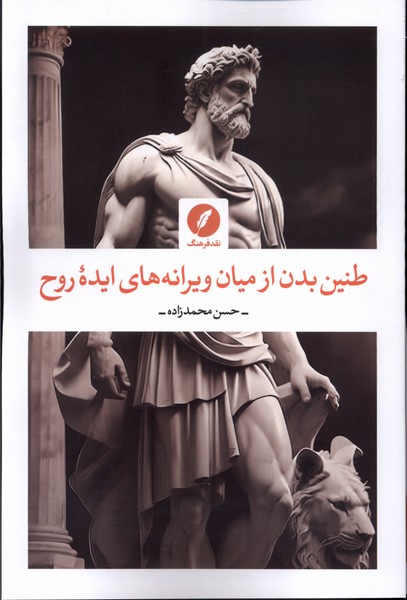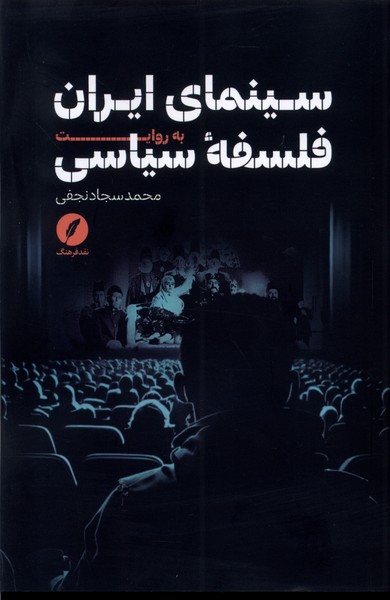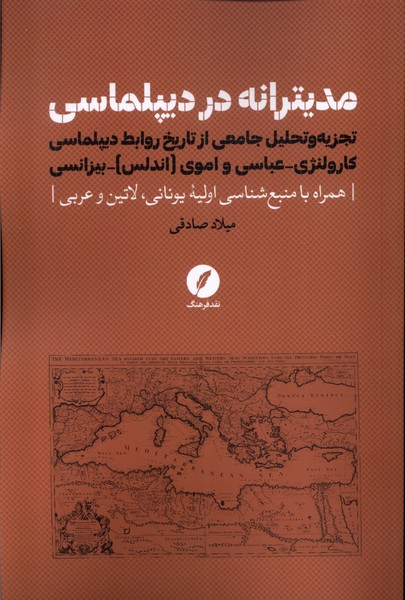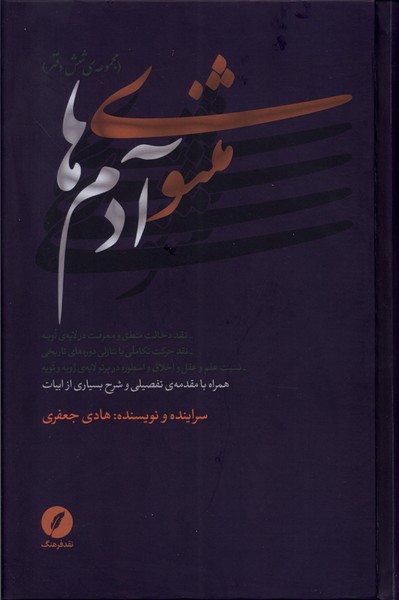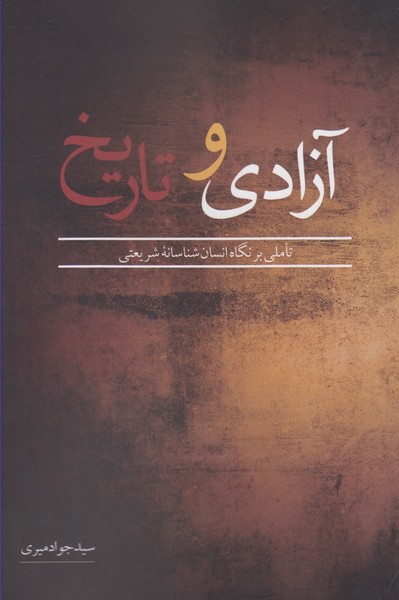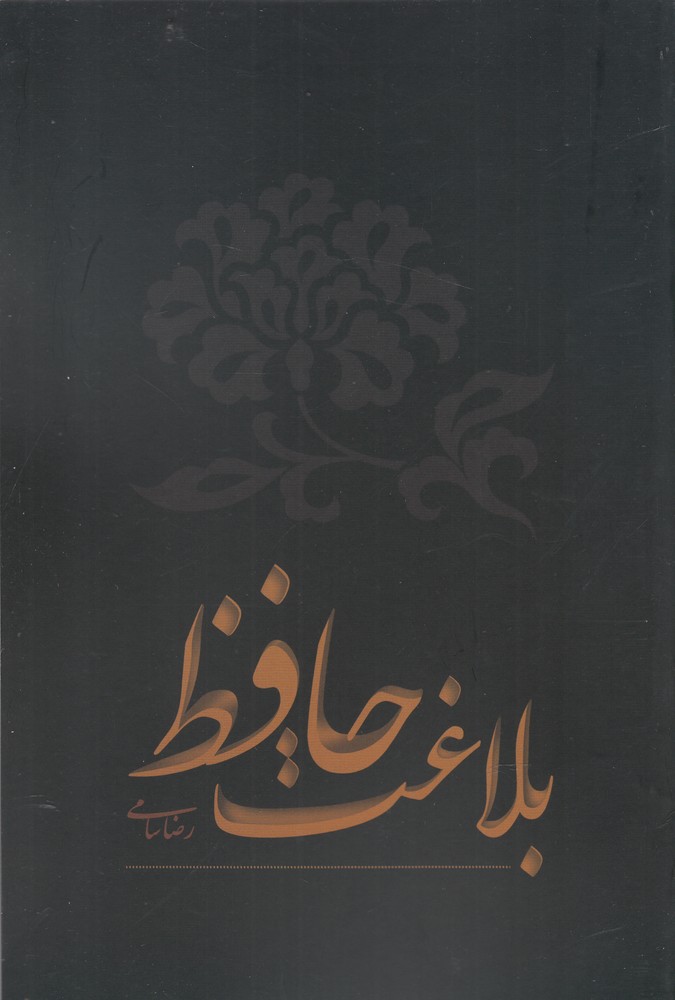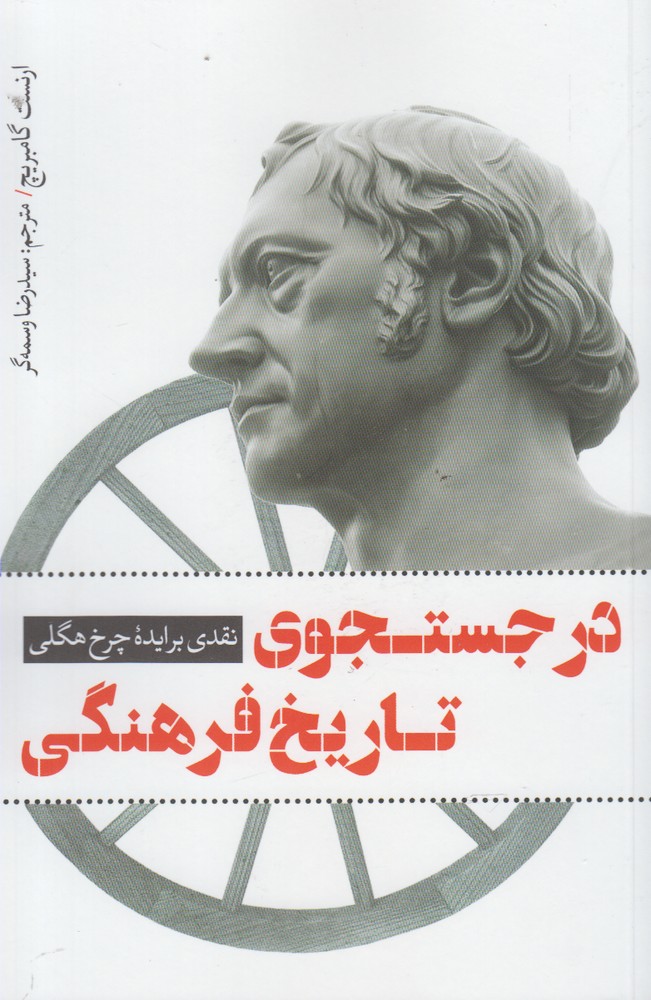Shujā'at-i Zīstan: Ta'amulī Falsafī dar Bāb-i Zindigī va Marg: Persian 2022
شجاعت زیستن: تاملی فلسفی در باب زندگی و مرگ
15.42 $
Share
Wishlist
Original Title:
The Courage to Exist: A Philosophy of Life and Death in the Age of Coronavirus
ISBN:
9786227919318
Translator:
'Alī Shakūrī Mughānī
Publisher:
Naqd-i Farhang
Age Group:
Adult
Pages:
106
Weight:
122 g
Dimensions:
14 x 21 x 1 cm
Book Cover:
Paperback
The coronavirus pandemic is one of those historical moments when our past, present, and future seem to collide. Humanity is confronted by an ignominious death death reduced to a statistic. The fear of dying from an invisible, unknown enemy has changed our modes of thinking, living, and being, both public and private, even as lockdowns and State surveillance measures ostensibly distancing healthy society from the impure, unhealthy Other have violated fundamental human rights and liberties. Humankind is living its kairos, its propitious moment and opportunity to take a decision one which will impact each one of us. The pandemic has engendered a moral crisis and vacuum. Humanity has no option but to respond to the more violent consequences of the pandemic with a new moral, aesthetic, and personal philosophy. To survive this, and future pandemics, we must urgently re-evaluate the basic human values on which our world stands. We must redefine freedom and the value of life and death. It is the universal human capacity for empathy, hope, and compassionate justice that enables the possibility of a common ethical world of meaning and human solidarity. And it is here that a potential future for humanity lies, suggests world-renowned philosopher Ramin Jahanbegloo in The Courage to Exist. Only a morality of common humanity valid for all human beings at all times can redefine the art of living, in the face of a death that we all fear.
more
در روزگاری زندگی میکنیم که ما انسانها، غالبا هنر زیستن و ایمان خویش به زندگی را از دست دادهایم. چه بسیار از ما که زندهایم بیآنکه زندگی کنیم. زندگی روزمره، بدون تجربۀ زیسته از نفس جریان زندگی، زیستن نازیسته و زندگی تجربهناشده است. تجربۀ زندگی امری نیست که صرفا بهواسطۀ مفاهیم و با خرد ابزاری و خرد استدلالی بتوان بدان نایل شد. خردمند بودن صرفا پیروی از مفاهیم و دلایل نیست؛ بسیاری از مردم دارای عقل سلیماند، بیآنکه لزوما خردمند باشند. انسان خردمند کسی است که میداند چگونه ساده زندگی را تجربه کند و شجاعانه بزید. در زمانۀ ما خرد زیستن در میان اکثر قریب به اتفاق ما انسانها به فراموشی سپرده شده است و این خرد، که همراه با شور زندگی و توأم با احساس بهجت و شادمانی است بهسختی به دست میآید. لذا ما غالبا فاقد وحدت و یکپارچگی معنوی حقیقی هستیم. این اثر خواهان است تا خوانندهاش را به شجاعت در زیستن، در معنای عمیق زیستن و چشیدن لحظههای نادر زندگی دعوت نماید.
more

